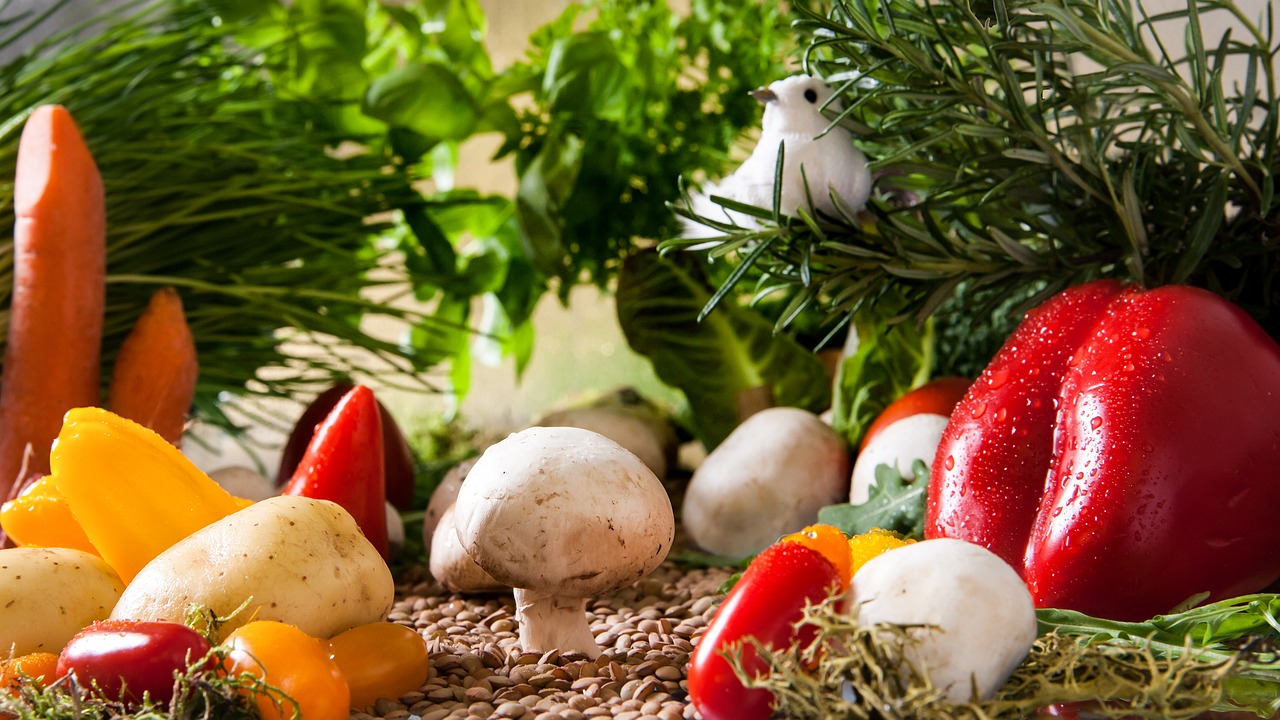This is the Scientific Secret to Losing Weight
If you’re anything like the millions of Americans struggling to lose weight and develop a healthy lifestyle, then you know that the struggle is real. You might be worrying about counting calories, trying the latest fad diets, exhausting yourself at the gym, or searching for words of wisdom from the top health gurus across the globe.
Although it might seem like an impossible task, the real challenge to losing weight is identify the lifestyle choices you make that may be keeping you unhealthy or overweight. You need to take the steps needed to better yourself, control what you eat, and cultivate positive habits.
When all would seem lost, we have good old science to back us up.
In a clinical trial held by Stanford University researchers, more than 600 overweight adults were put on a healthy low-fat or low-carb diet. The purpose of the experiment was cut through the thousands of programs and packages and books and discover a dietary strategy consistently superior to all others. Turns out, you don’t need to listen to the philosophy of a snake oil salesman to shed some pounds.
Participants reported a reduction in body mass index and weight over the 12-month period. While the study didn’t outright determine which diet—a low fat or a low carb lifestyle—was the best, researchers did scavenge for clues to see if there are any factors to be gleaned from the study that proved instrumental in losing weight.

What the study did give insight into, however, were three core, common sense principles we can live by to lose weight and be healthier.
1. Eat Your Vegetables
Seems obvious, doesn’t it?
Just like your mother used to say, vegetables are good for you. Veggies are naturally low in calories and packed with vitamins and minerals our bodies need to operate at peak efficiency. They can be eaten cooked or raw (although vegetables will lose some of their potency when cooked) and are nutritious in practically any form you can consume them in!
I’m a big fan of onions, peppers, and mushrooms. They’re my absolute go-to choice when I need to add some taste and color to whatever I’m cooking. Serve them with rice in a stir-fry, put them in a wrap with some chicken, or top a salad of leafy greens with these guys and your taste buds will soar. They’re versatile too, so you can eat them raw or cooked without hassle.

2. Skip the Sugar
You don’t have to abandon the sweet stuff cold turkey (hey, we all have a sweet tooth!), but there have been hundreds of research reports for decades criticizing the overabundance of sugar in our diets and processed into foods. Sugar, whether it’s in a refined powder or turned into a syrup, can be unhealthy for a number of reasons.
Sugar adds no nutritional benefit. No proteins, vitamins, or minerals, just pure energy. While sugar is okay in moderation and in its natural form, processed sugar, which is high in fructose, can be damaging to your liver. Overconsumption of sugars can overload the liver, turning fructose straight into fat. You could also develop a fatty liver, which can have a whole host of other issues.

3. Eat More Whole Foods
No, you don’t have to start shopping at the costly, posh grocer known as Whole Foods. Although, the hurt it might cause to your wallet could do wonders for your health, if you shop smart.
In the most general sense of the term, whole foods are anything that is not overly processed (think frozen or canned meals). They include fruits and vegetables, beans, nuts, eggs, seafood, chicken, and whole grain bread and pasta. On average, they tend to cost a little more at the local supermarket because more care is required to properly ship, store, and serve these items.
Beyond the virtues of vegetables that I mentioned above, whole foods have the nutrients your body needs to survive and live an active, healthy lifestyle. Fruits, vegetables, and grains are high in fiber, which helps our body feel full and regulate our digestive system. Chicken, eggs, nuts, and beans are also great sources of protein, which is critical to building muscle. Fruits, vegetables, and dairy can keep our bones strong, our skin healthy, and provide a natural, alternative source of energy than sugar.

Losing weight is a challenge. When you have the right resources at your disposal and a positive mindset, you can tackle it.










